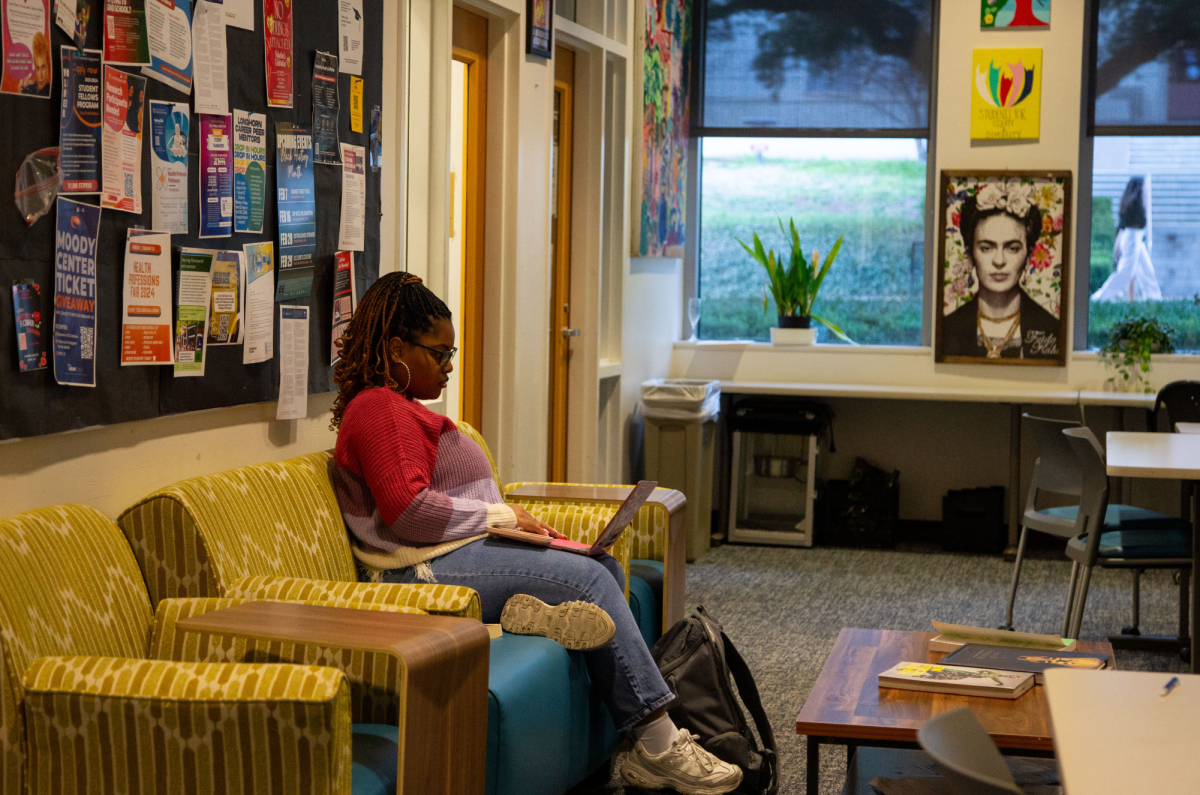People are often afraid of aspects of Islam that they do not understand, said the co-founder of a Muslim outreach group Thursday.
Mohamed Elibiary, co-founder of the Freedom and Justice Foundation, spoke about the misrepresentation of Shari’ah, or “the sacred law,” in America to a group of about 50 students.
Shari’ah is a fusion of secular law and a religious code of conduct, which is interpreted differently across Muslim communities.
The Muslim Students Association sponsored the event to educate the general population about the facts about Shari’ah, said Asif Ansari, association president and finance senior.
Elibiary focused on the effect the law has on the non-Muslim community, rather than misconceptions non-Muslims have about Shari’ah.
“Very little of Shari’ah is agreed upon,” said UT alumnus Javeed Bora. “When some people think of Shari’ah, they think of things like stoning, but it is more like personal laws than ones that affect others.”
“Hudud,” punishments that apply to a certain class of crimes, is the element of Islam that non-Muslims are afraid of, Elibiary said.
“Hudud is what you would hear about the Taliban doing,” Elibiary said. “But the reality is that there hasn’t been a single person in America that has stood up and said that [Hudud] needs to be implemented.”
Shari’ah has been banned in some states, including Oklahoma, and Elibiary said it is because non-Muslims lack education about what Shari’ah actually is. Seventy percent of Oklahomans voted in favor of banning Shari’ah, but few really know the facts about it, and the bill is being sued, Elibiary said.
“Some extremists in other parts of the world manipulate the teaching of Islam to justify what they do,” Bora said. “If you actually look at the religion, it’s a lot different than what you hear or read.”
Association spokeswoman Isbah Raja said Shari’ah is not something that affects Western culture.
“It’s hyped up by the media, and this has dangerous implications for Muslims in America,” Raja said.
——————————————————————————–




















